So, you’re crazy about your partner, but their friends? Not so much… So before you start plotting your escape from every social event, let’s talk about what to do when you don’t like your partners friends.
Maybe they’re loud, immature, or just give off bad vibes. And when their names keep popping up in every conversation, and every weekend plan somehow includes them, it starts to get frustrating.
So, whatever the reason, you find yourself stuck in the awkward position of hating your boyfriend’s friends or your girlfriend’s friends.
Here’s what to do when you don’t like your partner’s friends…
Read More Here: Girls Just Wanna Have Fun (And Not Fight): How To Survive Girls Trip Without Coming Home As Enemies

6 Things To Do When You Don’t Like Your Partners Friends
1. Figure Out Why You Don’t Like Them
Before jumping to conclusions, take a moment to ask yourself: Why don’t I like them?
- Are they genuinely rude, disrespectful, or toxic?
- Do they have habits or values that clash with yours?
- Do you feel like they’re a bad influence on your partner?
- Or is it more about personal preference and a lack of chemistry?
It’s important to separate why you don’t like boyfriends friends or girlfriends friends, because if they are kind of being harmful to your relationship or if they’re crossing boundaries or treating your partner poorly, that’s a real issue.
But if they’re just not your type of people, you might need to approach the situation differently.
2. Don’t Talk Trash About Them
Even if you don’t like girlfriends friends or boyfriends friends, openly criticizing them will only put your partner on the defensive.
Imagine if the roles were reversed, how would you feel if they hated your best friend? Your partner may feel like they have to choose sides, and that’s not a battle you want to start.
Instead of saying, “I can’t stand your friends,” try something like, “Sometimes I feel uncomfortable around them because…” This way, you’re expressing your feelings without attacking their friendships.
3. Set Boundaries (Without Being Controlling)
You don’t have to love them, but you also don’t have to spend all your time with them. If you don’t like your boyfriend’s friends or your girlfriend’s friends, make it clear that while you respect their friendships, you’d prefer to limit your time with them.
For example:
- If your partner wants to hang out with them every weekend, maybe you join once in a while but also plan date nights without them.
- If their friends are always around, set boundaries about when you need alone time as a couple.
This keeps things fair, your partner gets to maintain their friendships, without you being the villain and you don’t have to suffer through every hangout.
4. Give Them a Real Chance
Wondering what to do when you don’t like your partner’s friends? Well, first impressions can be misleading. Maybe they were having an off day, or maybe you just haven’t found common ground yet.
Try interacting with them in different settings:
- Maybe a loud group setting wasn’t ideal, but a one-on-one chat could change things.
- Maybe they have a shared interest with you that hasn’t come up yet.
- Maybe they’re actually fun once you get past the surface level.
If you’ve genuinely tried and still don’t like them, that’s okay! But giving them a fair chance can sometimes change your perspective.
5. Talk to Your Partner (But Keep It Chill)
A healthy relationship means being able to talk about what’s bothering you without turning it into a fight. If their friends are doing things that seriously bother you, like disrespecting you, influencing your partner negatively, or crossing boundaries, you need to talk about it.
Instead of blaming, focus on how you feel, say that you feel uncomfortable. Avoid making ultimatums. (“It’s me or them.”). Instead of just complaining, see if you can spend time with them less often.
6. Accept That They’re Part of the Package
At the end of the day, your partner’s friends are part of their life. If they’re not toxic or causing harm, you might have to just accept them and focus on your relationship. You don’t have to be besties, just keep the peace.
It’s totally normal to not like your partner’s friends sometimes. But as long as they’re not a bad influence or mistreating your partner, it’s important to respect their friendships.
Read More Here: 10 Things You Should Never Do For A Man, Or Anyone Else (Even If You’re In Love)
After all, you’re dating your partner, not their entire friend group!


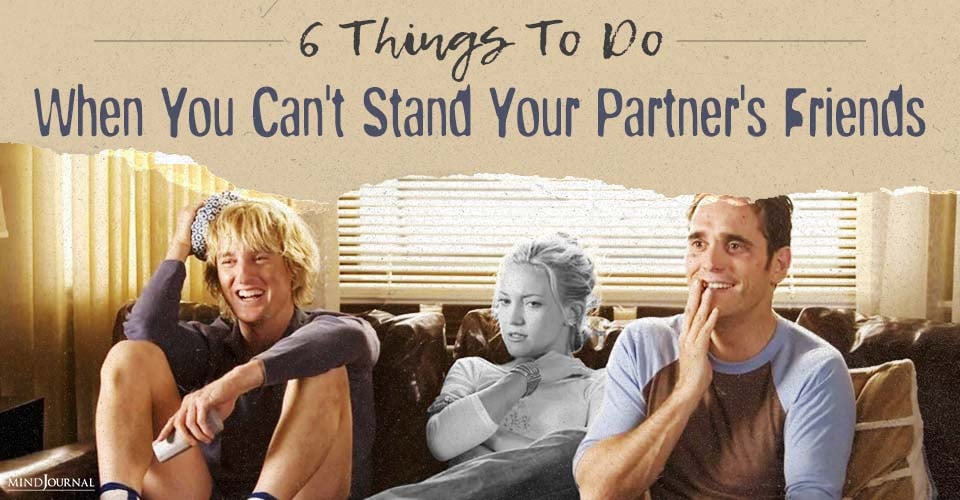



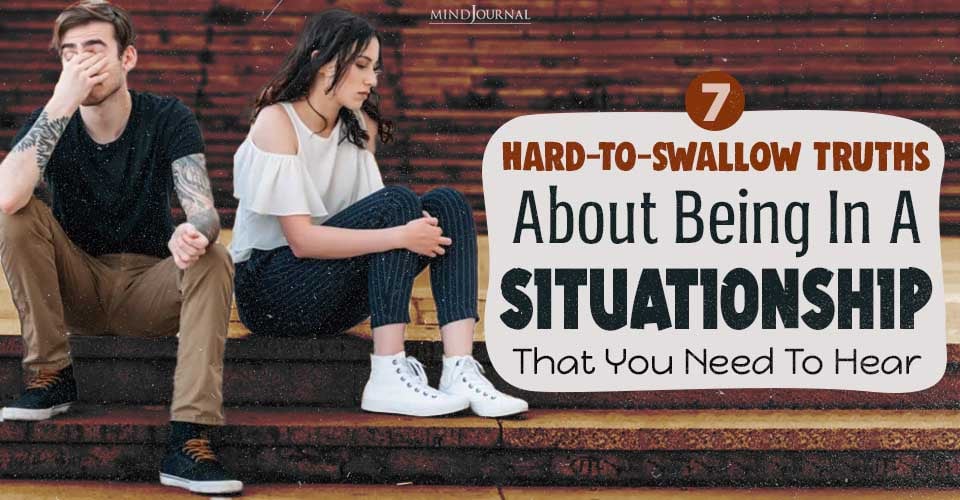
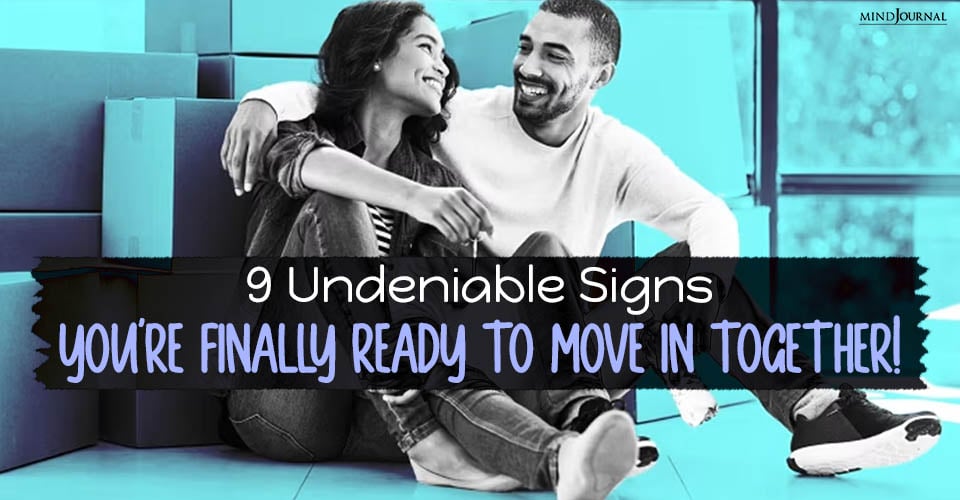
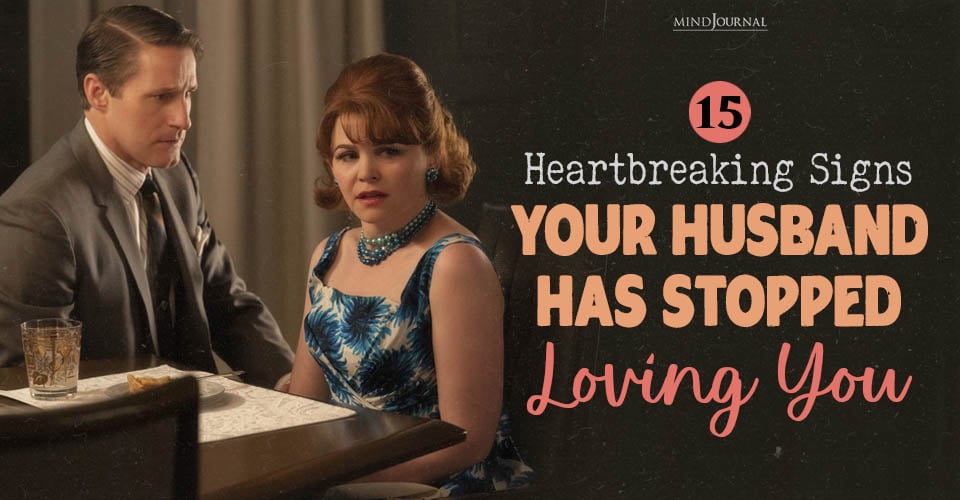
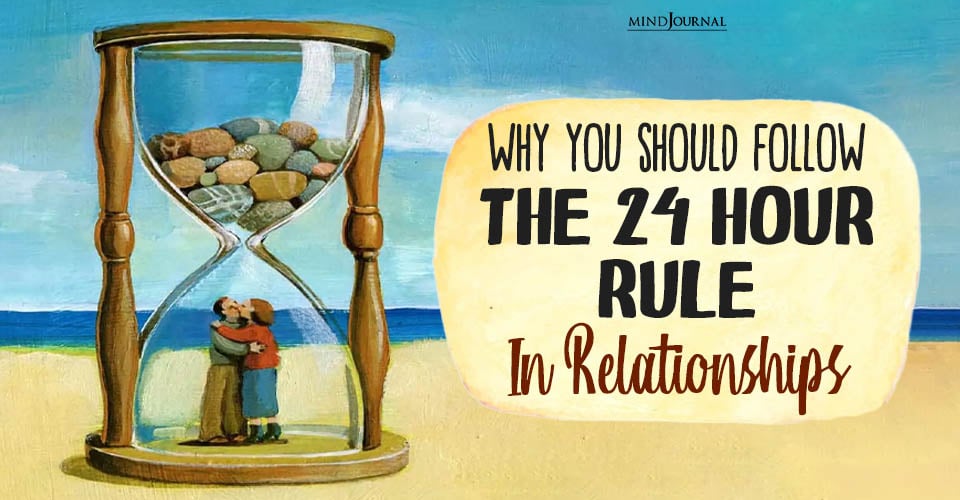
Leave a Reply